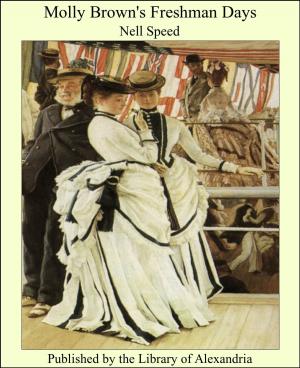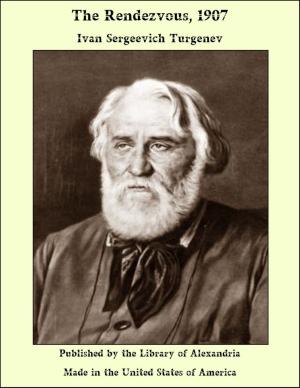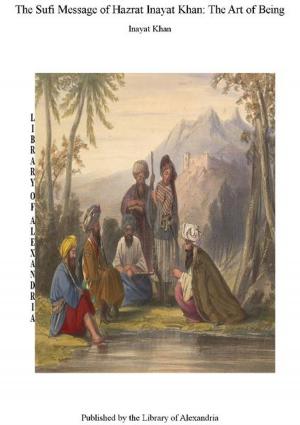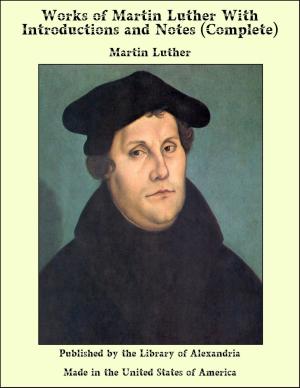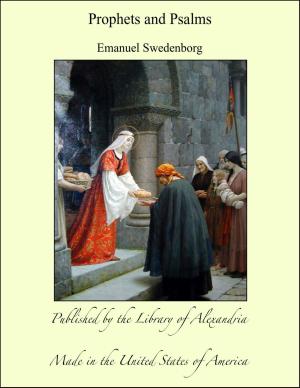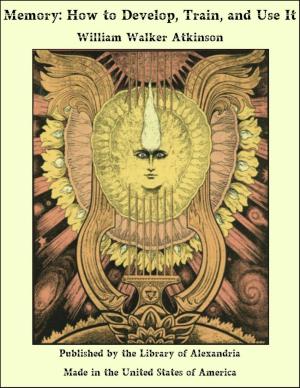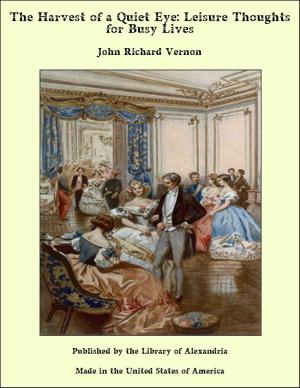The History of the Thirty Years' War
Nonfiction, Religion & Spirituality, New Age, History, Fiction & Literature| Author: | Friedrich Schiller | ISBN: | 9781613103661 |
| Publisher: | Library of Alexandria | Publication: | March 8, 2015 |
| Imprint: | Language: | English |
| Author: | Friedrich Schiller |
| ISBN: | 9781613103661 |
| Publisher: | Library of Alexandria |
| Publication: | March 8, 2015 |
| Imprint: | |
| Language: | English |
From the beginning of the religious wars in Germany, to the peace of Munster, scarcely any thing great or remarkable occurred in the political world of Europe in which the Reformation had not an important share. All the events of this period, if they did not originate in, soon became mixed up with, the question of religion, and no state was either too great or too little to feel directly or indirectly more or less of its influence. Against the reformed doctrine and its adherents, the House of Austria directed, almost exclusively, the whole of its immense political power. In France, the Reformation had enkindled a civil war which, under four stormy reigns, shook the kingdom to its foundations, brought foreign armies into the heart of the country, and for half a century rendered it the scene of the most mournful disorders. It was the Reformation, too, that rendered the Spanish yoke intolerable to the Flemings, and awakened in them both the desire and the courage to throw off its fetters, while it also principally furnished them with the means of their emancipation. And as to England, all the evils with which Philip the Second threatened Elizabeth, were mainly intended in revenge for her having taken his Protestant subjects under her protection, and placing herself at the head of a religious party which it was his aim and endeavour to extirpate. In Germany, the schisms in the church produced also a lasting political schism, which made that country for more than a century the theatre of confusion, but at the same time threw up a firm barrier against political oppression. It was, too, the Reformation principally that first drew the northern powers, Denmark and Sweden, into the political system of Europe; and while on the one hand the Protestant League was strengthened by their adhesion, it on the Other was indispensable to their interests. States which hitherto scarcely concerned themselves with one another's existence, acquired through the Reformation an attractive centre of interest, and began to be united by new political sympathies.
From the beginning of the religious wars in Germany, to the peace of Munster, scarcely any thing great or remarkable occurred in the political world of Europe in which the Reformation had not an important share. All the events of this period, if they did not originate in, soon became mixed up with, the question of religion, and no state was either too great or too little to feel directly or indirectly more or less of its influence. Against the reformed doctrine and its adherents, the House of Austria directed, almost exclusively, the whole of its immense political power. In France, the Reformation had enkindled a civil war which, under four stormy reigns, shook the kingdom to its foundations, brought foreign armies into the heart of the country, and for half a century rendered it the scene of the most mournful disorders. It was the Reformation, too, that rendered the Spanish yoke intolerable to the Flemings, and awakened in them both the desire and the courage to throw off its fetters, while it also principally furnished them with the means of their emancipation. And as to England, all the evils with which Philip the Second threatened Elizabeth, were mainly intended in revenge for her having taken his Protestant subjects under her protection, and placing herself at the head of a religious party which it was his aim and endeavour to extirpate. In Germany, the schisms in the church produced also a lasting political schism, which made that country for more than a century the theatre of confusion, but at the same time threw up a firm barrier against political oppression. It was, too, the Reformation principally that first drew the northern powers, Denmark and Sweden, into the political system of Europe; and while on the one hand the Protestant League was strengthened by their adhesion, it on the Other was indispensable to their interests. States which hitherto scarcely concerned themselves with one another's existence, acquired through the Reformation an attractive centre of interest, and began to be united by new political sympathies.


